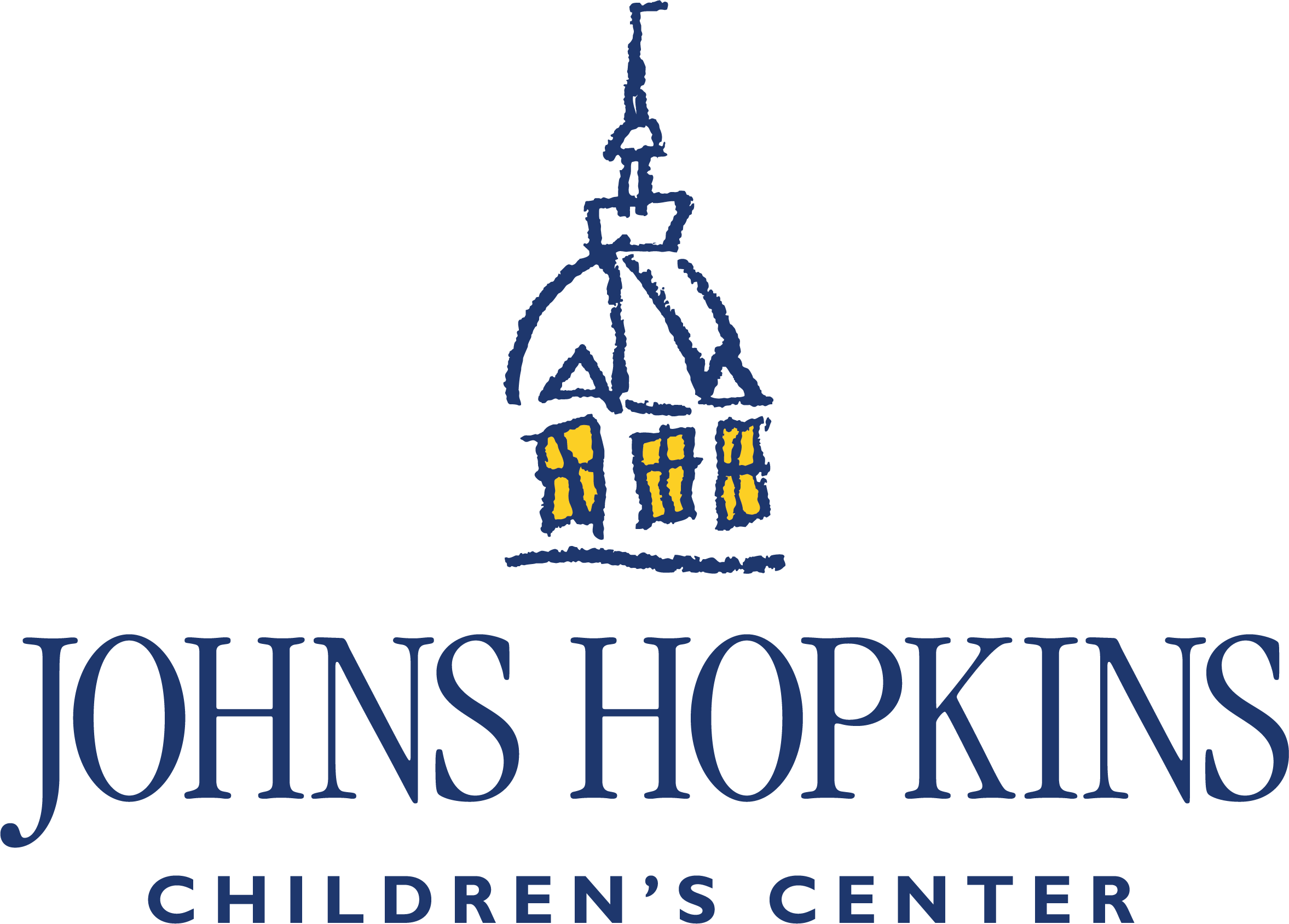Clinical Training Requirements

Johns Hopkins provides a broad clinical experience (ranging from common conditions to very rare disorders) for our fellows that includes inpatient care and consultation, general pulmonology and a variety of subspecialty pulmonary experiences. Our fellows care for patients from Baltimore and the surrounding mid-Atlantic region with referrals from across the country and internationally. Clinical responsibilities span the three-year fellowship program.
- Inpatient service: Primary management of hospitalized children with lung diseases, such as cystic fibrosis, bronchopulmonary dysplasia, asthma, dysphagia/aspiration, congenital malformations of the respiratory tract, and disorders of ventilatory control. Fellows participate in the pediatric pulmonary inpatient service (including the night and weekend call schedule) in weeklong blocks (14 weeks in first year, 12 weeks in second year and 10 weeks in third year).
- Inpatient consultation: Consultation is provided for other inpatient services, including hospitalist, neonatology, pediatric intensive care and oncology services. The inpatient fellow covers all inpatient consultation requests while on service.
- Inpatient subacute care: Fellows have the opportunity to gain experience in pulmonary rehabilitation programs at Mt. Washington Pediatric Hospital and the Kennedy Krieger Institute with an emphasis on long-term respiratory care and home mechanical ventilation.
- Outpatient continuity clinic: Fellows follow their own patients, with faculty preceptors, in general pulmonary clinic for one half-day clinic session per week throughout the three years of fellowship when not on the inpatient service.
- Outpatient subspecialty clinics: Fellows attend one half-day subspecialty clinic per week when not on the inpatient service. Subspecialty clinics include cystic fibrosis, sleep, severe asthma, bronchopulmonary dysplasia, aerodigestive, congenital diaphragmatic hernia, neuromuscular and dysphagia clinics; many of these are multidisciplinary clinics. Fellows select four to eight weeks of elective time per year to personalize their education, including subspecialty clinics or other opportunities such as interventional bronchoscopy, otolaryngology or pulmonary hypertension.
- Study interpretation: Fellows receive formal training in interpretation of pulmonary function tests, exercise studies and polysomnography and are assigned on a rotating basis to review these studies with faculty.
- Flexible bronchoscopy: Fellows participate in all bronchoscopies for infants, children and adolescents performed by the pulmonary division. Fellows receive training with virtual bronchoscopy in the Johns Hopkins University School of Medicine Simulation Center. Second-year fellows have the opportunity to attend a paid weeklong bronchoscopy course at the University of Cincinnati. Fellows are expected to complete 100 bronchoscopies during their fellowship.

